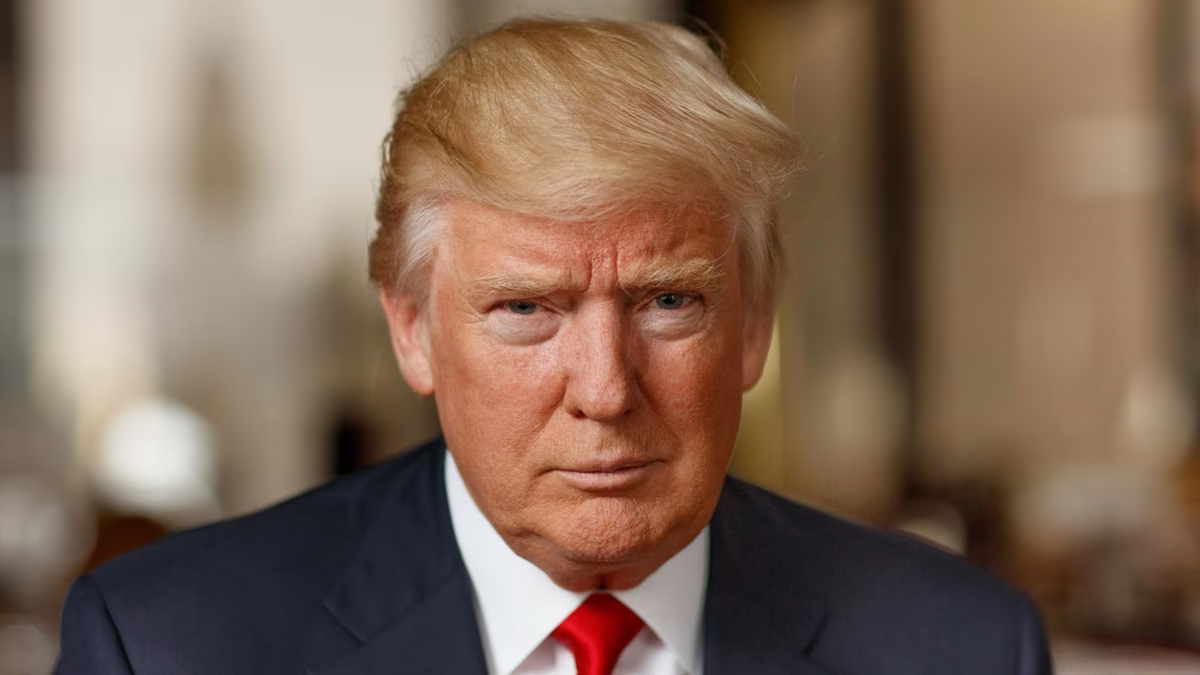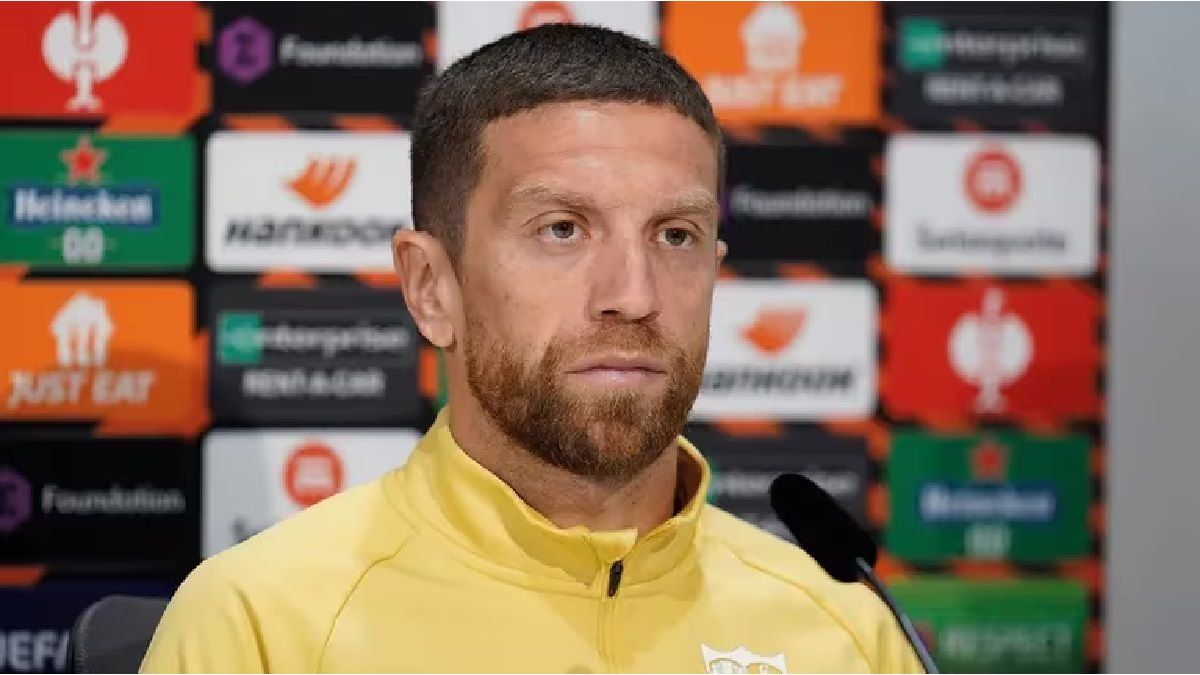A peace conference for Ukraine without Russia – can that work? The summit meeting certainly cannot bring peace. But it might set a process in motion.
The international peace summit for Ukraine in Switzerland with more than 90 states ends on Sunday. A joint final declaration is planned, which could address issues such as the protection of the Russian-occupied Zaporizhia nuclear power plant, the renunciation of the use of nuclear weapons, grain exports and prisoner exchange. The conference is intended to initiate a peace process in which Russia, which was not invited this time, will also be involved in the long term.
Scholz: No peace without Russia’s involvement
At the start of the conference yesterday, Chancellor Olaf Scholz (SPD) and several other speakers spoke out in favor of bringing the Russian attackers to the table. “It is true that peace in Ukraine cannot be achieved without involving Russia,” said the Chancellor.
At the same time, however, he made clear what he sees as the conditions for peace: “Russia could end this war today or at any time if it stops its attacks and withdraws its troops from Ukraine.”
It is unclear when a follow-up conference with Russia can take place. It is considered unlikely that the summit participants will consider a date or even an approximate time on Sunday.
However, the hosts hope that a follow-up conference will be decided this year. “As an international community, we can help prepare the ground for direct talks between the warring parties,” said Swiss President Viola Amherd.
Solution still a long way off
Statements from Moscow immediately before the summit made it clear how far away a peaceful solution is. Russian President Vladimir Putin set out his conditions for negotiations, including Ukraine’s complete renunciation of the Donetsk, Luhansk, Kherson, Zaporizhia regions and the Black Sea peninsula of Crimea – just over a fifth of Ukraine’s territory.
US Vice President Kamala Harris dismissed Putin’s demand on Saturday as absurd. “We have to tell the truth. He is not calling for negotiations, he is calling for surrender,” she said – and assured Ukraine of continued support in its defensive struggle against Russia. “America is not standing by Ukraine out of charity, but because it is in our strategic interest.”
Selenskyj: Give diplomacy a chance
The initiative for the summit came from the Swiss government and Ukrainian President Volodymyr Zelensky. “We managed to give diplomacy a chance,” said Zelensky before the opening of the peace conference.
The Swiss hosts had spent months trying to persuade as many countries as possible to attend the summit. 160 were invited, and more than 90 agreed – many of them are represented by heads of state and government.
Scholz travelled to Switzerland directly from the G7 summit in southern Italy. US President Joe Biden, on the other hand, opted not to attend a campaign fundraising event in Los Angeles and will be represented by his deputy Harris.
Even though they did not invite Russia, the organizers tried to get as many countries friendly to Russia to the table as possible. The result is sobering: China, Russia’s most important ally, canceled altogether, the Brazilian president and the Indian prime minister made the long journey to Europe to attend the G7 summit on Friday, but skipped the Swiss conference that followed immediately afterwards. Brazil is now only there as an observer, India only had a state secretary from the foreign ministry on the list of participants, and South Africa was represented by the national security advisor.
Chancellor Scholz leaves this morning
Chancellor Scholz will not be present on the second day of the summit and will be represented by the Minister of State in the Foreign Office, Anna Lührmann. The Chancellor has two important appointments in Berlin after his return: he will discuss the budget with Finance Minister Christian Lindner (FDP) and Economics Minister Robert Habeck (Greens), followed by an SPD executive committee meeting to deal with the disastrous result of the European elections. With 13.9 percent, the SPD performed worse than ever before in a nationwide election.
Source: Stern
I have been working in the news industry for over 6 years, first as a reporter and now as an editor. I have covered politics extensively, and my work has appeared in major newspapers and online news outlets around the world. In addition to my writing, I also contribute regularly to 24 Hours World.




